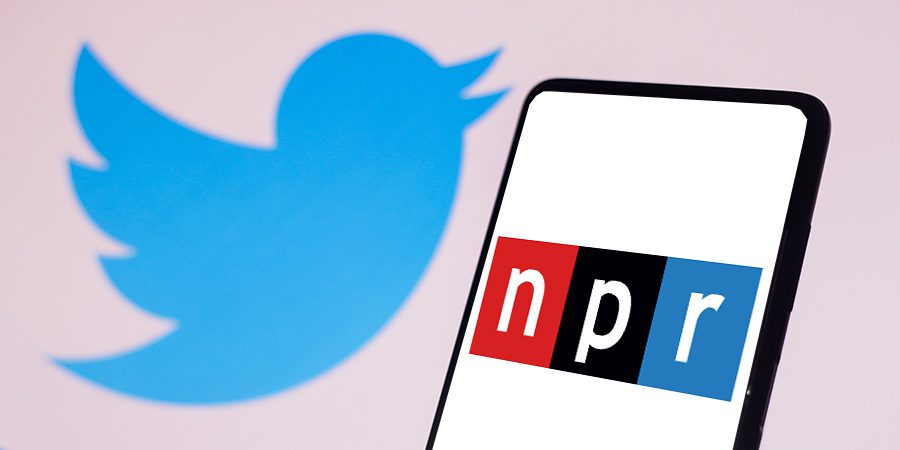In this article, we’ll examine the recent controversy around Twitter’s labeling of NPR as “state-affiliated media” and how this adds to Elon Musk’s mounting challenges as the platform’s CEO.
Key Takeaways:
- Twitter labels NPR as “state-affiliated media” despite its editorial independence
- Elon Musk admits the mistake but doesn’t remove the label immediately
- The controversy fuels concerns about Twitter as a marketing platform
- Musk faces backlash over new monetization policies and competition with Substack
The NPR Labeling Controversy
NPR found itself in the midst of an unexpected controversy when Twitter, under the leadership of CEO Elon Musk, mistakenly labeled the news organization as “state-affiliated media.”
The label contradicts Twitter’s own definition of such outlets, which requires state control over editorial content through political and financial pressure.
Since its founding, NPR has maintained its editorial independence and receives only about 1% of its yearly operating budget from federal funds.
Twitter’s published guidelines had previously cited NPR and the BBC as examples of news outlets that were not considered state-affiliated media.
However, these references were removed, further fueling confusion and criticism.
Elon Musk’s Admission and Response
When NPR business reporter Bobby Allyn brought the issue to Musk’s attention, the CEO conceded that the “state-affiliated” label might not accurately describe NPR.
Despite this admission, Musk did not promptly remove the label.
Instead, he later changed it to “Government Funded Media,” which still misrepresented NPR’s actual funding structure.
Musk’s response to Allyn indicated that the goal for the new Twitter was “simply fair and equal treatment,” implying that if non-US accounts were labeled as government-funded, US accounts should be labeled similarly.
However, this approach disregarded the nuances of NPR’s unique funding and editorial independence.
Implications for Twitter’s Credibility
This labeling controversy has cast a shadow over Twitter’s credibility as a marketing platform. The company is already grappling with winning back corporate advertisers that withdrew after Musk’s takeover in October.
By mislabeling a respected news outlet like NPR, Twitter risks further alienating businesses that might have considered using the platform for advertising purposes.
Other Challenges for Musk’s Twitter Leadership
The NPR debacle is just one of several challenges Musk faces as Twitter’s CEO.
He is also dealing with a brewing conflict with Substack, backlash to new monetization policies, and resistance from industry leaders who disapprove of his leadership style.
Musk’s presence at an upcoming major marketing conference, where he is expected to pitch businesses on bringing their advertising dollars back to Twitter, has reportedly unsettled executives at major companies.
McDonald’s marketing chief Tariq Hassan criticized Musk’s tenure at Twitter, stating that it ranged “from chaos to moments of irresponsibility.”
Conclusion
As Elon Musk navigates the challenges of leading Twitter, the NPR labeling controversy serves as a stark reminder of the platform’s need for thoughtful and accurate policies.
To regain credibility and attract advertisers, Twitter must address these issues head-on and demonstrate its commitment to fairness, transparency, and accuracy in its treatment of users and news organizations.
 Sections of this topic
Sections of this topic
















